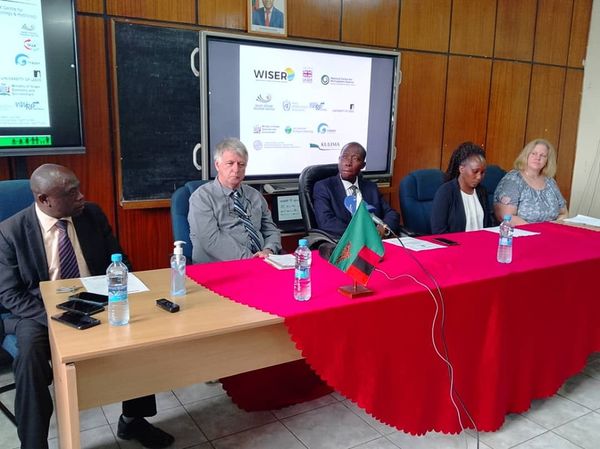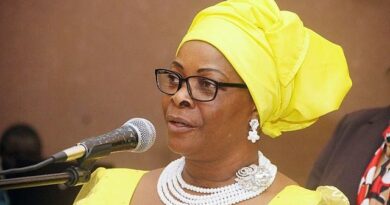Early Warning Systems Vital in Face of Climate Change
Dr. Douty Chibamba, Permanent Secretary of the Ministry of Green Economy and Environment, emphasized the critical importance of early warning systems in mitigating the impacts of human-induced climate change.
Speaking at the Testbed Event on Nowcasting and Media Engagement Day at the Zambia Meteorological Department headquarters, Dr. Chibamba underscored that such systems are no longer a luxury but a crucial necessity.
The Testbed Event, running from January 29th to February 9th, 2024, has brought together a diverse team including meteorologists, academics, economists, and user engagement specialists.
Their collaborative efforts aim to enhance early warning capabilities, particularly focusing on vulnerable groups such as women and people with disabilities.
Dr. Chibamba highlighted Zambia’s involvement in the WISER Early Warnings for Southern Africa (EWSA) project, which seeks to improve severe weather warnings across the region.
Supported by partners from Mozambique, South Africa, the UK, and Finland, this initiative, funded by the UK Foreign, Commonwealth, and Development Office, strives to achieve universal early warning coverage by 2027.
The project’s significance lies in its potential to save lives and reduce economic losses resulting from extreme weather events. Dr. Chibamba emphasized the need to address existing gaps in early warning systems, particularly in developing and least developed countries like Zambia.
Collaborating with organizations such as the Disaster Management and Mitigation Unit (DMMU) and the Zambia Red Cross Society, the Ministry aims to establish community hubs, such as one in Kanyama, to test and improve the effectiveness of weather warning dissemination.
Dr. Hellen Msemo of the World Meteorological Organisation echoed the importance of educating communities on utilizing weather information to make informed decisions, thus preventing loss of life and property.
In conclusion, Dr. Chibamba stressed the necessity of expanding capacity for nowcasting and effective alert dissemination, emphasizing the pivotal role of meteorological institutions in disaster risk reduction among vulnerable populations.



